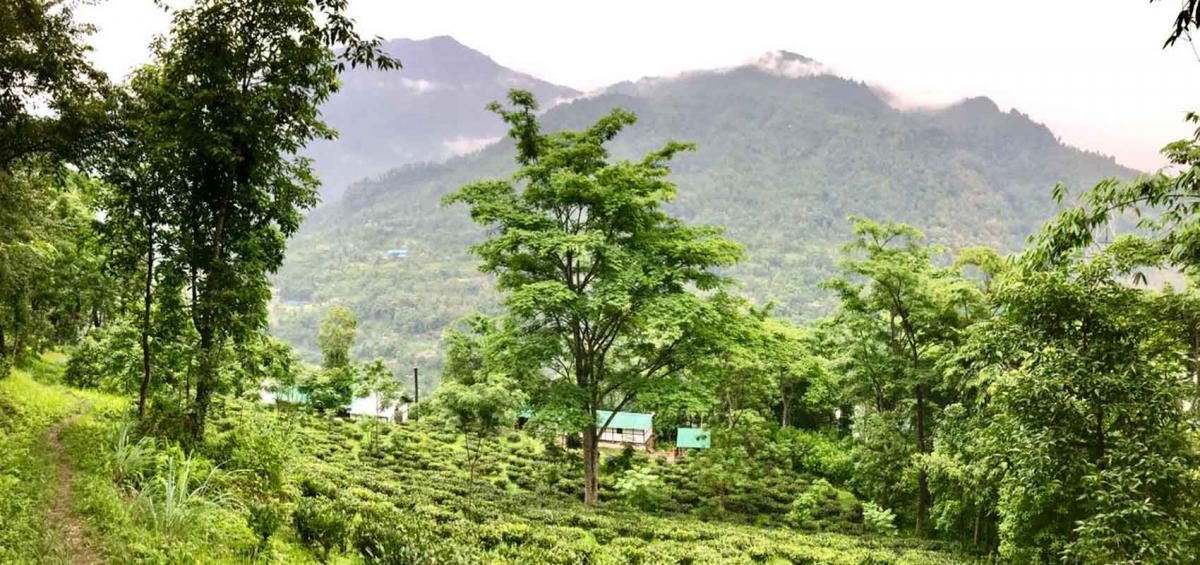Bermiok Village- South Sikkim

India’s first 100% organic state, Sikkim, a beautiful Himalayan Buddhist kingdom, was founded in 1642 and joined the democratic mainstream of The Indian Union as its 22nd State in 1975. Lonely Planet ranked Sikkim the world’s #1 place to visit in 2014, citing its record as India’s cleanest state and its sustainable community-based tourism in less developed areas. The state has 28 mountain peaks, including the world’s third highest peak, Kanchenjunga, 21 glaciers, 227 high altitude lakes, five hot springs, eight mountain passes and over 100 rivers and streams, one National Park and six wildlife sanctuaries.
Sikkim began its organic mission in 2003 when the State Government banned the use of chemical pesticides and fertilizers and called for the agricultural community to return to natural methods of farming. Since then, 74,000+ hectares of the state’s arable land (~70%) has been classified as organic. A small family enterprise attempting to do this with its village community in the 21st century is rare.
Tea had never been grown in this erstwhile Buddhist kingdom until the state government established its own tea garden in 1969. It was in 2000 that Bermiok Rinpoche, a scion of the distinguished Bermiok Densapa family, renowned for its staunch Buddhist roots and impeccable years of service to Sikkim’s administration from the time of the Chogyals (monarchy), decided to professionally manage a private, small organic tea estate in Sikkim. It took them nearly two years to make the land cultivable and while doing that, they preserved the existing ecosystem of drains that went through the land, as well as the important shade trees.
In 2003, plantation of 100% high variety Darjeeling clonal tea trees was initiated in the small farm. The tea plants were nurtured for a period of 5 years and commercial production only started in 2008 when a micro tea factory was installed. Age old agricultural practices of the indigenous tribes have been adopted to preserve the heritage and secrets passed on by generations and then combined with modern bio-farming and tea processing techniques. They take time crafting the teas; from harvesting by hand and manufacturing in small batches, to even sorting the leaves by hand.
From our supplier: www.tealeaftheory.com




